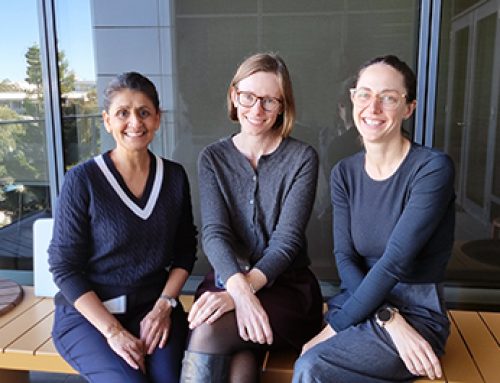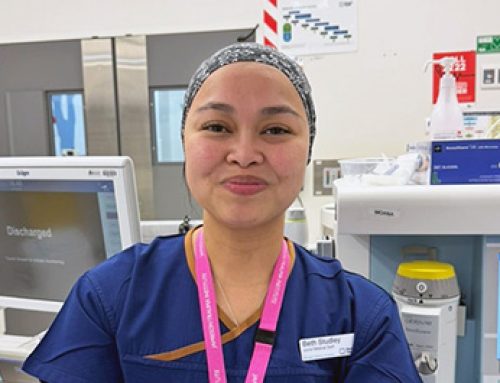BETTER outcomes for children and adults with bronchiectasis

Bronchiectasis is an under-researched chronic respiratory disease which currently has no licensed pharmaceutical medication specific to the condition. The BronchiEctasis Trial Testing ERdosteine (BETTER) is a multicentre double blinded randomised controlled trial (RCT) using a bronchiectasis-specific pharmaceutical treatment named erdosteine to improve outcomes of children and adults with bronchiectasis.
Erdosteine is an oral medication that is given to help break down mucous in the lung airways. As a novel mucolytic, it works to change the airway mucous, making it thinner and easier for patients to cough out and clear, and helping to break the vicious cycle of airway infection in bronchiectasis. The Cough and Airways Research Group (CAARG) hypothesizes that this will, in turn, decrease the number of acute respiratory flare-ups experienced by children with bronchiectasis. Erdosteine is licensed in 40 countries but is currently not available in Australia. Historically, this medication has been shown to improve clinical outcomes in other airway conditions.
For this study, we plan to recruit 194 children and adults who have bronchiectasis and are aged between 2−49 years. Led by the Queensland Children’s Hospital in Brisbane, the study is being undertaken in five Australian hospitals including Concord Hospital Sydney, Perth Children’s Hospital, Royal Darwin Hospital and Gold Coast University Hospital, as well as two international sites in Malaysia and the Philippines.
The main question we are looking to address is whether twelve months of twice-daily oral erdosteine medication reduces acute respiratory exacerbations in children and young adults with bronchiectasis. Secondary outcomes will look at quality of life, lung function and effect on hospitalisations as measures of clinical outcomes. To date, we have recruited 77 patients who are followed monthly, and we anticipate the project will be completed by the end of 2025.
Focusing on children and young people with bronchiectasis is important, as we now know that we can reverse radiographic bronchiectasis when optimal treatment is begun early. Our study addresses important clinical gaps in the lack of licensed medication for these patients. It also looks to decrease acute flare-ups, which see patients experience a significant increase in both day and night coughing and which impair quality of life for them. The financial impact on the health system and consumer is substantial, with trips to the doctor, courses of oral antibiotics and even, in some cases, hospital admissions.
This trial will likely lead to a new oral treatment for bronchiectasis. If effective, the RCT results would aid in Therapeutic Goods Administration (TGA) approval of erdosteine in Australia and see incorporation of the novel pharmaceutical therapy into future bronchiectasis guidelines.







